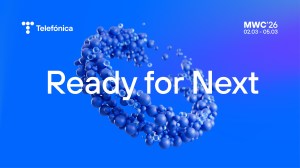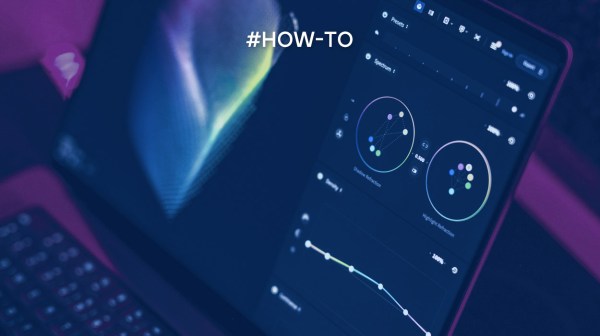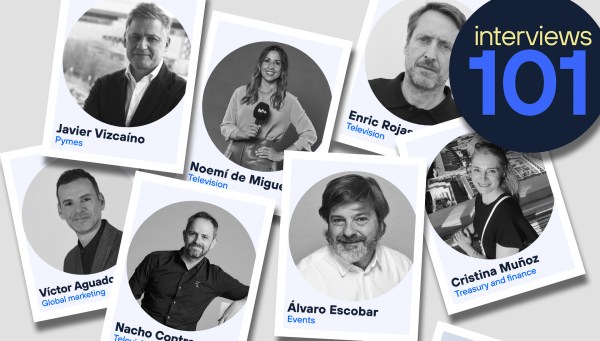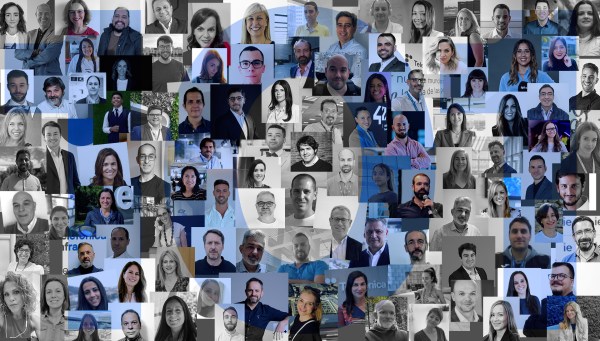Is having a lot of data what matters?
I am reminded of a scene from the film Animal Crackers ((The Marx Brothers’ conflict), that irreverent gem from the Marx brothers. Captain Spaulding, played by Groucho, is welcomed as a hero at a party where he is expected to recount his African adventures. With his usual self-assurance, he strings together absurd facts and baffling phrases, culminating in one of his gems: ‘One night I shot an elephant in my pyjamas. How did I get into my pyjamas? I don’t know!’
This comical scene reminds us that the accumulation of data does not always make sense. Sometimes, like Spaulding, we fire off figures and facts in the hope of impressing, without asking ourselves if we are really communicating anything. However, it entertains us. It seduces us. Because information overload, like Groucho’s humour, has the power to keep us attentive, even if it does not always lead us to understand and make valuable decisions.
What do we call information overload?
This is an old topic, although today, in the digital age, we hear it more insistently. When we moved from oral to written transmission, there were already thinkers such as Seneca who predicted an increase in distractions due to the excess of books.
Paper has ceded its throne to various models of digital storage: HHD, SSD, NVMe hard drives, cloud storage, SDS, SAN, NAS, DAS… A market valued at USD 255.29 billion in 2025 and which, fuelled by our voracity to store and remember, is estimated to grow at a rate of 17.2% according to Fortune Business Insights.
The paradox is striking: if we wanted to store all the knowledge of the Library of Alexandria, a small USB stick would suffice.
In 2011, Science magazine published a study on information storage capacity. Eric Schmidt claimed that the information generated up to 2003 amounted to 5 exabytes, a figure that in 2011 was generated in two days. By 2025, it is projected that almost 500 exabytes will be created… every day.
At Wordmeter, we have an example of how quickly information is generated, and in DOMO’s ‘data never sleeps’ infographics, we can see details of the data generated. How much of that information do we need? How much does it help us make good decisions?
What does science say?
Cognitive psychologist George Armitage Miller studied working memory and proposed that we are only capable of processing 7 + – 2 chunks of information at a time. Beyond that threshold, confusion sets in and our decisions become poor.
Behavioural psychologist Stanley Millgram also used the concept of information overload to explain the bystander effect: people can freeze up in the face of an event if they are overloaded with stimuli, such as the presence of other people at the same time or an increase in data about the event. The end result is a lack of empathy, paralysis by analysis, and a delegation of responsibility with a lack of action.
It has also been studied that the time taken to make decisions increases and impoverishes them in relation to the number of possible choices, the so-called Hick-Hyman law, named after the psychologists who translated it into a formula and assured that its relationship is logarithmic. This law now guides the design of interfaces, where every click must be intuitive and every decision simple.
What does our brain do with excess and overload? What problems does it cause?
Studies of continued and excessive consumption of addictive substances, such as alcohol, have shown that our brain undergoes a desensitisation of cellular receptors called GABA and an increase in the regulation of NMDA receptors, producing a neuroadaptation to addictive substances and generating tolerance, dependence and withdrawal syndrome.
And what about excess and overload of information?
The prefrontal lobe is responsible for controlling attention and decision-making. When it becomes saturated with information overload, cognitive fatigue and inattention are generated.
Several studies have concluded that information overload activates the hypothalamic-pituitary-adrenal axis, raising levels of cortisol, the stress hormone. This translates into feelings of overwhelm and anxiety, compromises relaxation and rest, and increases rumination on negative thoughts.
How can we manage information overload?
…There is no cure for information overload; information generates information, just as thoughts generate other thoughts, and answers lead to more questions” (S.D. Neill 1992, p117).
Being aware that it is not feasible to deal with all the information that comes our way, we are going to do as Sancho Panza did with Don Quixote to convince him that he is not seeing giants, but windmills, and we will draw on popular wisdom to explain three strategies for dealing with information overload:
Choose and avoid: What some psychologists call selective exposure and information withdrawal.
As the saying goes…:
‘Let the water you’re not going to drink run.’
‘Throw out the dirty water with the baby in it.’
‘Much ado about nothing.’
Choose and limit sources to consider and focus only on information that matches the necessary knowledge. Determine if there is quality in the data and when it should be reviewed or discarded. If we do not analyse what may be useful and important, we run the risk of discarding everything.
Filter: It is necessary to select only what is relevant.
They say…:
‘Separate the wheat from the chaff.’
‘All that glitters is not gold.’
‘Everything in its place.’
We must separate what is important from what is not. Appearances can be deceiving and show us erroneous data. Beware of deepfakes and fake news. We have to discard any misleading or irrelevant information. Do not be swayed by what seems attractive without thinking critically.
Know when to stop; ‘Satisficing’: Focus on what is ‘good enough’.
As they say…:
‘You can’t see the forest for the trees.’
‘Perfect is the enemy of good’ (Voltaire)
‘He who grasps at too much loses everything.’
We must look at the context and not obsess over the details. Have perspective and global vision. Know how to disconnect so as not to fall into FOMO (fear of missing out). Let’s put the food we can eat on our plate. We must be satisfied and avoid overeating.
Conclusion
A good digital leader must manage information overload, and if they don’t do it well, any project can turn into an absurd comedy worthy of the Marx brothers.
The information we have at our disposal should be sufficient and no more than we can process.
Overload is not measured only in quantity, but also in variety, complexity and amount of noise. In a tangle of contradictory and confusing data, attention is scattered and action is diluted.
Useful information is not that which abounds, but that which is understood. It is not enough to accumulate figures and options; we must also develop conscious and balanced strategies for consuming and understanding information; choosing, avoiding, filtering and stopping searching when we have what we want.
And perhaps, in that decision, lies one of the keys to leading, to making better decisions and to taking care of your own health and that of your teams.











